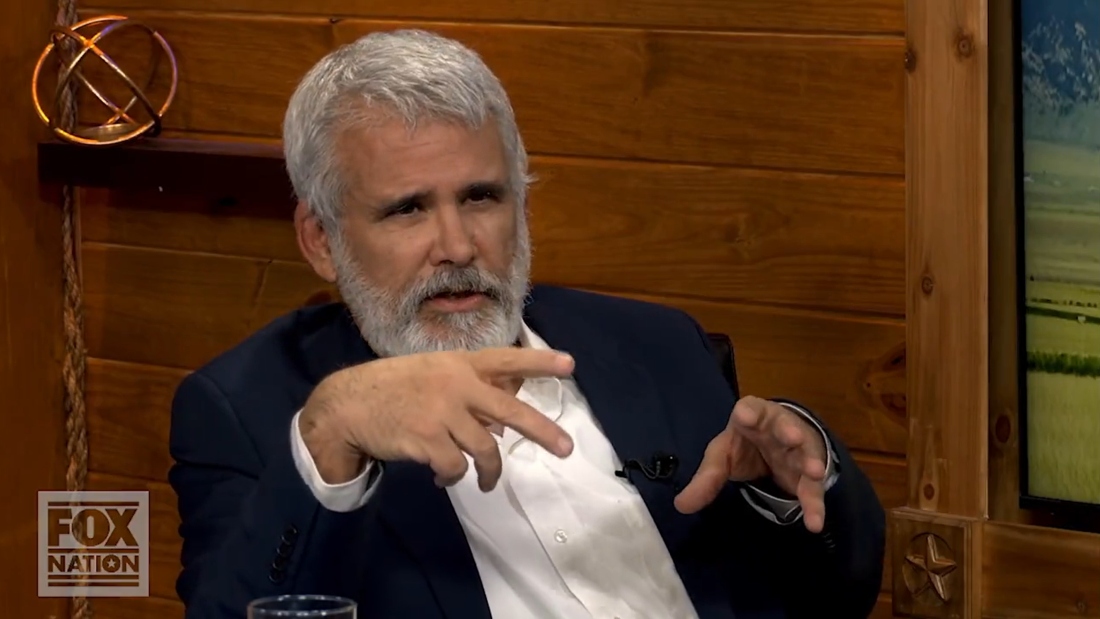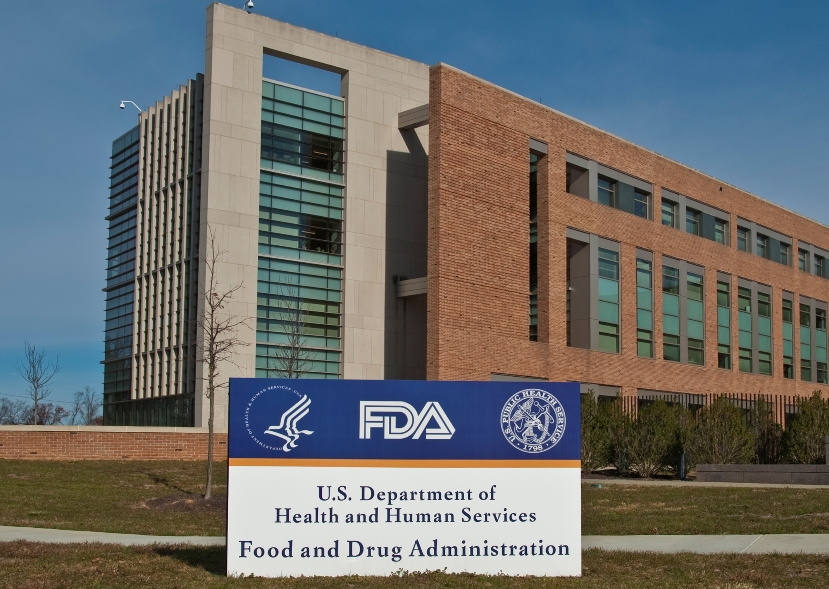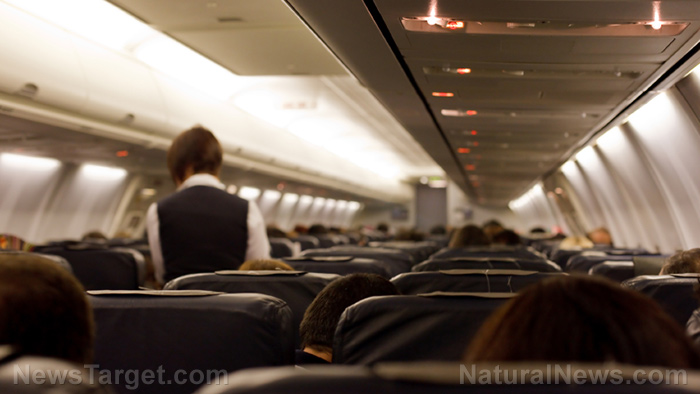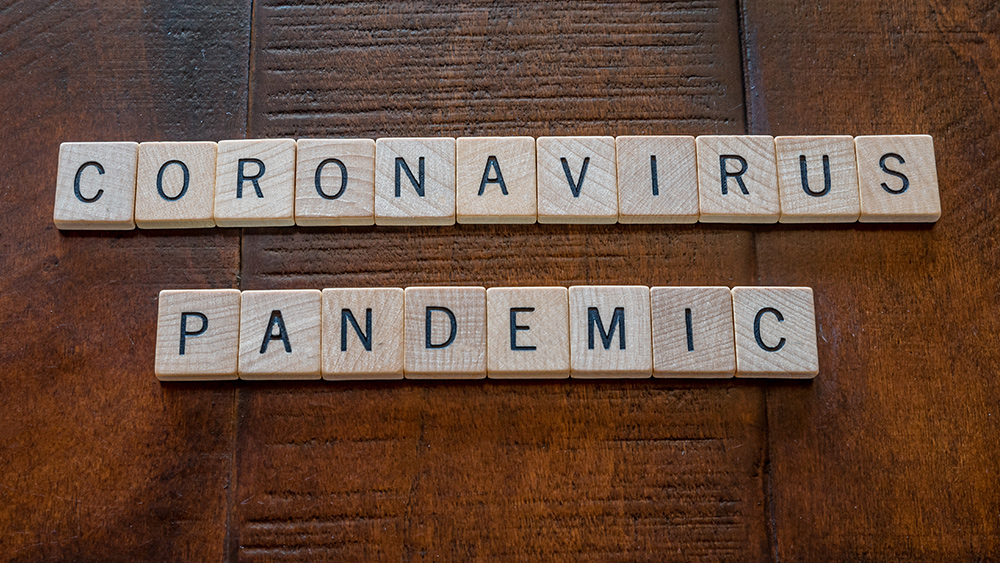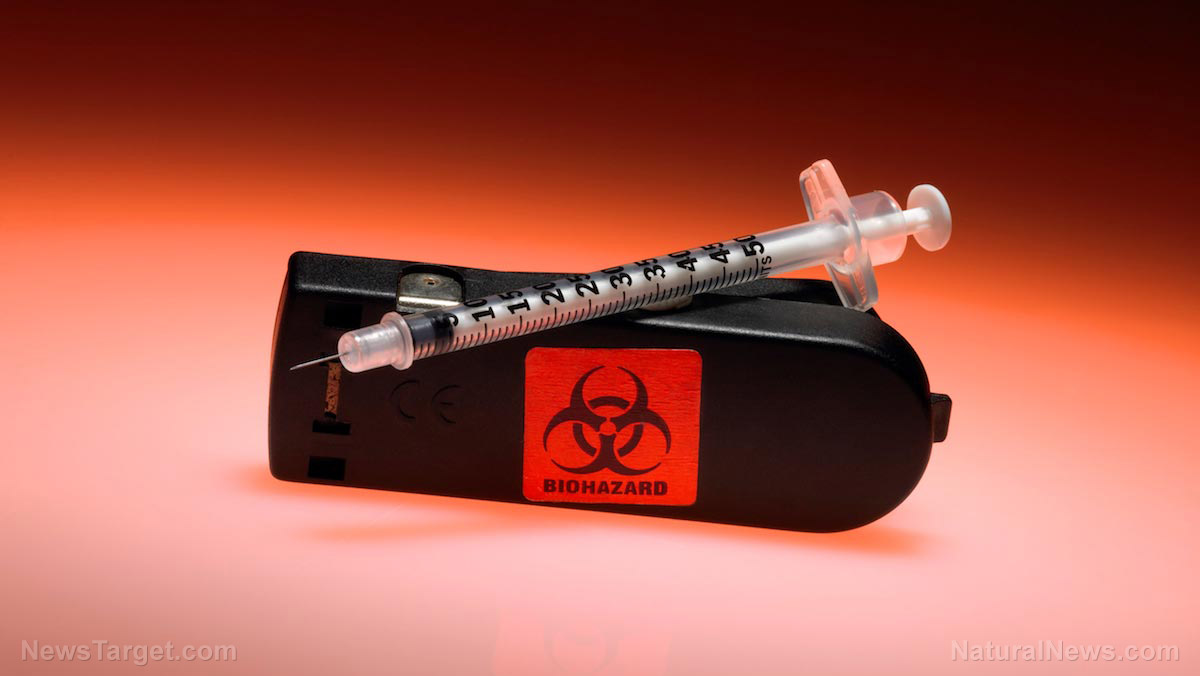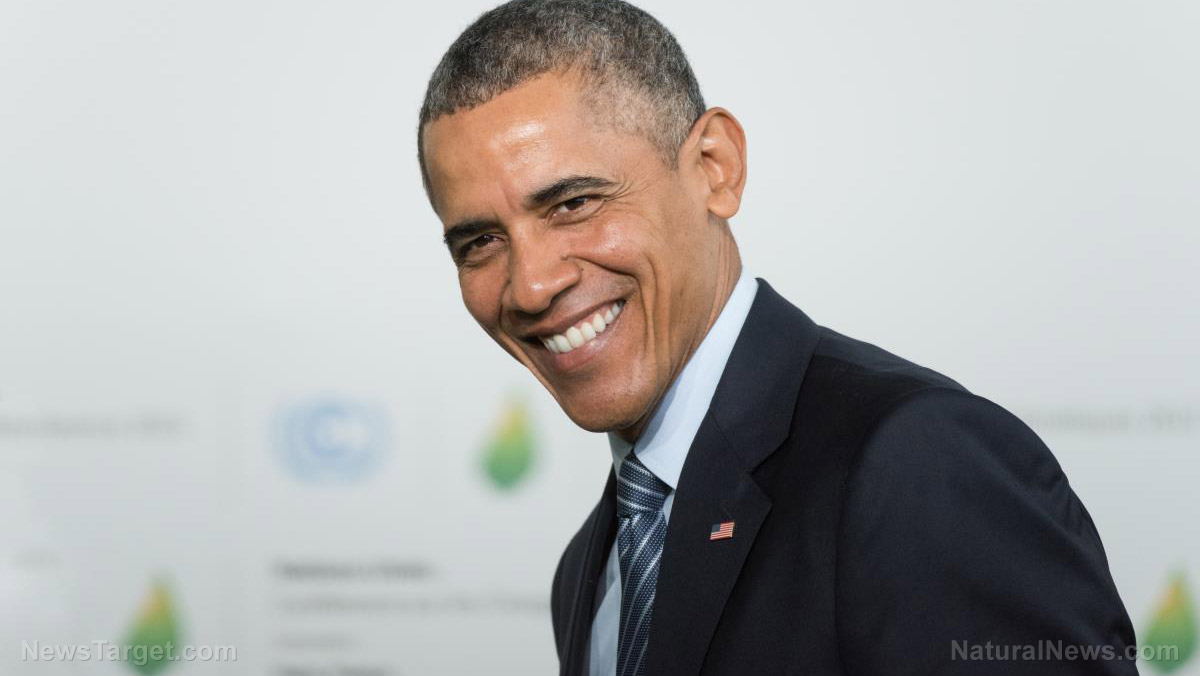THE TYRANNY NEVER ENDS: Australia extends COVID-19 emergency powers for three months
09/03/2021 / By Divina Ramirez

Australia’s Governor-General David Hurley on Thursday extended the country’s human biosecurity emergency period a further three months. The emergency period, which has been in place since March 18, 2020 to protect Australians during the Wuhan coronavirus (COVID-19) pandemic, will continue until Dec. 17.
This extends four existing emergency measures, including mandatory pre-departure testing and mask-wearing for international flights, restrictions on the entry of cruise vessels within Australian waters, restrictions on outbound international travel for Australians and restrictions on the trade of retail outlets at international airports.
Thursday’s announcement follows advice from the Australian Health Protection Principal Committee (AHPPC) and Chief Medical Officer Paul Kelly that the international COVID-19 situation still poses an “unacceptable risk” to public health, according to Health Minister Greg Hunt.
However, Hurley said the federal government will continue to consult with state authorities, territories and the maritime industry on options for the resumption of cruise trips once it’s ruled safe to do so. The existing emergency measures can also be amended or repealed at any time.
Draconian policies are ineffective
Under the Biosecurity Act 2015, the emergency powers allow the federal government to take the necessary measures to control the spread of COVID-19. They were initially due to expire on Friday, Sept. 17.
Those emergency powers are critical to the country’s National Plan to change its response to the pandemic from suppression to the prevention of serious illness and death due to COVID-19.
The country’s prime minister and state and territory authorities form the National Cabinet, and they’ve all agreed to the plan. Currently, at Phase A, the plan requires that state leaders implement measures to “accelerate vaccination rates.”
Phase B is unlocked when 70 percent of the population is vaccinated. Authorities may also ease restrictions for the fully vaccinated at this phase. Meanwhile, Phase C is unlocked when 80 percent of the population is vaccinated. This phase may include the opening of international borders for travel.
However, it doesn’t look like Australia will be hitting those numbers soon. The country has been seeing record-high numbers of cases recently despite vaccination efforts, prompting authorities to reimplement mask mandates and extend draconian lockdowns.
Last month, Australian authorities extended the lockdown in Sydney until the end of September. Additionally, they introduced a curfew in the city’s worst-affected suburbs. Meanwhile, New South Wales (NSW) Premier Gladys Berejiklian announced that Syndey’s five million residents should wear a mask when going out except when exercising, which has also been limited to an hour every day.
Berejiklian said the tough restrictions were due to rising COVID-19 cases and people flouting lockdown orders. She also gave police officers sweeping new powers to ensure compliance with lockdowns across the city, which have been in place since June 26. According to the state’s police commissioner, Mick Fuller, residents who enter a local government area of concern without excuse will be fined and forced to self-isolate for 14 days.
Queensland won’t open borders until children are vaccinated
In Queensland, Premier Annastacia Palaszczuk signaled a shift from the National Plan after she said she might not open her state’s border to neighboring NSW until all Queensland children under the age of 12 are vaccinated.
“Unless there is an answer on how these young people are going to be vaccinated, you are putting this most vulnerable population at risk,” said Palaszczuk. There is no COVID-19 vaccine approved for children under the age of 12, who are unlikely to be hospitalized or die when infected.
Federal Treasurer Josh Frydenberg blasted Palaszczuk for refusing to stick to the original plan, noting that she was desperately denying the reality that COVID-19 in children is less severe than in adults. “No country has eliminated [COVID-19], and that’s why it’s so important that we stick to the plan and open up accordingly,” said Frydenberg.
Palaszczuk has come under fire early this year for extending the emergency powers of the state’s chief health officer, Jeannette Young, who will become Queensland’s governor in November. The state government had granted Young emergency powers to combat the pandemic in March 2020, something that has been already formally scrutinized by a parliamentary committee.
Young, who will retain her powers for another eight months, can put cities under lockdowns, enforce border closures, restrict gatherings, direct people to quarantine and collect confidential information for contact tracing. In January, lawmakers said Queenslanders did not elect Young to make such far-reaching decisions. (Related: GOVT CHILD ABUSE: Queensland’s chief health officer mulls mask mandate for children below 12 years old.)
For more articles with updates on the coronavirus pandemic, visit Pandemic.news.
Sources include:
Submit a correction >>
Tagged Under:
Australia, coronavirus, Coronavirus pandemic, covid-19, covid-19 pandemic, emergency powers, government, health freedom, lockdowns, mask mandate, medical fascism, Medical Tyranny, obey, Tyranny
This article may contain statements that reflect the opinion of the author
RECENT NEWS & ARTICLES
VaccineWars.com is a fact-based public education website published by Vaccine Wars Features, LLC.
All content copyright © 2018 by Vaccine Wars Features, LLC.
Contact Us with Tips or Corrections
All trademarks, registered trademarks and servicemarks mentioned on this site are the property of their respective owners.

